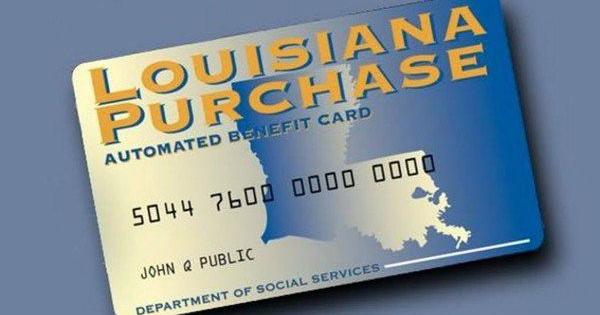
South Louisiana food pantries and advocates for nutritional programs are preparing for more people seeking assistance this summer after Gov. Jeff Landry’s administration declined to accept millions of dollars in federal assistance to extend a food program for low-income students.
Louisiana joined 13 Republican-led states that won’t participate in the newly permanent Summer Electronic Benefits Transfer Program, known as Summer EBT. About 564,000 Louisiana students would have qualified for up to $120 worth of groceries from June through August, with the funds loaded onto a card in the child’s name.
“Traditionally, there is an influx of need in June and July, just because kids are out of school,” said Lindsay Hendrix, chief impact officer with Second Harvest Food Bank.
To make up for what’s projected to be a $71 million loss in federal aid in Louisiana, Second Harvest is aiming to expand another federally funded program to 19 new sites, a move that will require a community of volunteers and additional financial support, CEO Natalie Jayroe said.
Ellie Duff, director of Culture Aid NOLA, a non-traditional, no-questions-asked food bank established during the pandemic, said that when other pandemic-era programs ended, her group saw an increase in need.
“At the end of 2021 when the COVID tax credit ended, we saw a 20% increase in guests over the next month. We can expect to see a similar rise in numbers in the upcoming summer months due to EBT being pulled,” Duff said.
She hopes that by operating twice a week, they will be able to address the high demand they’ve experienced in the past.
Louisiana declines support
Summer EBT is the latest federal assistance program fueled by the pandemic to sunset. State Department of Children and Family Services Secretary David Matlock announced the state’s decision not to extend the program last week, calling the program “piecemealed” with more strings attached than long-term solutions.
He also said the program does little to support families on the “path to self-sufficiency.”
As the deadline for states to enroll approached Thursday, a spokesperson for Governor Jeff Landry’s Office argued the funding would come with high operational costs and that other food assistance programs are available to families.
The move has draw sharp criticism in some policy circles and among local officials.
New Orleans City Council member Helena Moreno said in a social media post that it “makes no sense to reject money” that helps feed kids living in poverty in Louisiana.
In a letter addressed to Matlock earlier this week, Moreno urged the state to reconsider, citing high rates of child poverty in New Orleans.
According to 2022 U.S. Census data, about 34% of New Orleans children under the age of six live below the federal poverty line, compared to the national average of 17%. Data by national anti-hunger group Feeding America shows one in five children in the state are considered food insecure.
While there are a number of groups that work to provide food for low-income families in Louisiana, summer EBT filled in many gaps, Jayroe said.
“I’m especially worried about those children in rural areas that our summer feeding programs will not reach. We will need a community of caring to address the impact of this decision to not participate in Summer EBT,” said Jayroe.
Tough choices
The end of the program could force parents like Kelly Stone to make uncomfortable choices, like prioritizing food over other daily necessities.
A mother of three who lives in Denham Springs, Stone said that while she has a full-time job as an administrative coordinator for the State Department of Corrections, it’s still a struggle to pay rising housing costs, manage the impact of inflation and keep kids fed when they’re out of school in the summer.
For Stone, an extra $360 every month between her three children went a long way.
“The cost of living has gone up. Not having those benefits will hurt a lot because I’m working full-time but I have very little to show for it,” she said.
“I’ve never struggled to feed my family before,” she said, getting emotional. “I feel like I need a second job but that’s not fair to them. When would I see them?”
